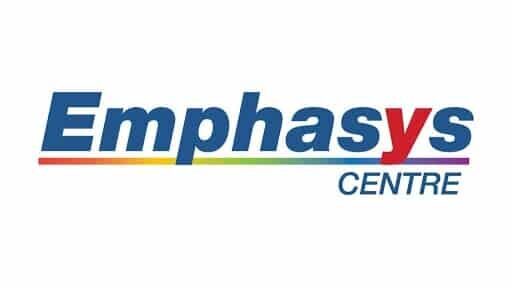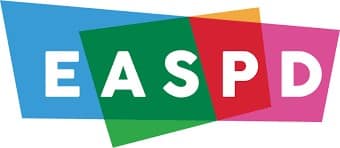EMBRACE – Fostering inclusion of children with intellectual disabilities in early childhood education and care
Enhancing the quality of early childhood education and care and promoting the inclusion of children with intellectual disabilities.
Funded by: Erasmus+ Duration: 01/11/2021-01/11/2023

Challenge
High-quality early childhood education and care (ECEC) is recognized as a foundation for successful lifelong learning. Despite the wide agreement on the importance of ensuring access and inclusion of all children in ECEC, there are still many barriers that constrain the participation of children with intellectual disabilities, putting them at significantly greater risk of missing out on early childhood education.
Many children with intellectual disabilities lack ECEC practitioners who are adequately trained and equipped to meet their needs. Moreover, they face prejudices, discrimination and negative attitudes both by their peers and adults in their communities.
Innovation
The EMBRACE program aims to contribute to the enhancement of the quality of early childhood education and care and promote the inclusion of children with intellectual disabilities.
More specifically, it aims to develop inclusive values and attitudes among ECEC staff and strengthen their knowledge to accommodate the needs of children with intellectual disabilities, to equip ECEC staff with the needed tools, resources and knowledge to foster a culture of inclusion through collaborating with colleagues, children, parents and community members, as well as to raise awareness among children, parents and the general public on the importance of inclusion of children with intellectual disabilities in ECEC.
The program will provide capacity building opportunities and educational resources for both core (educational) staff and ECEC assistants and leaders.
Action
Outputs

European Commission’s support for the production of this content does not constitute an endorsement of the contents, which reflect the views only of the authors, and the Commission cannot be held responsible for any use which may be made of the information contained therein.
Project Partners




Regional Directorate for Primary and Secondary Education of Attica (Greece)

KMOP Skopje (Skopje)

European Association of Service Providers for Persons with Disabilities (Belgium)
